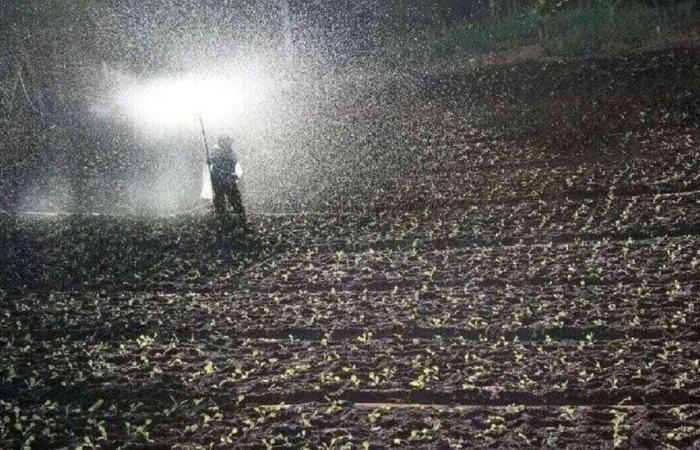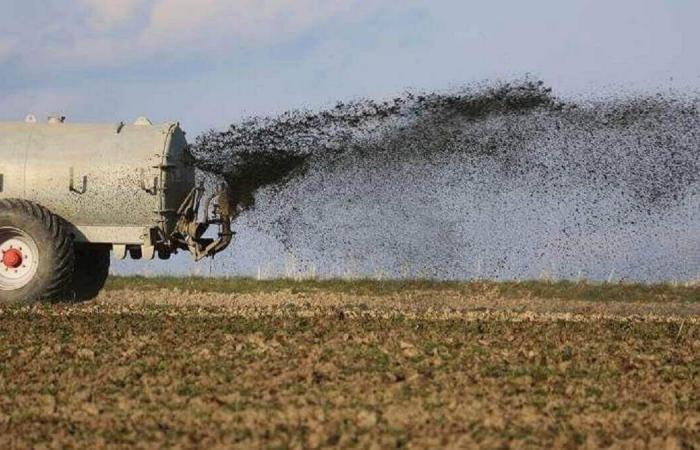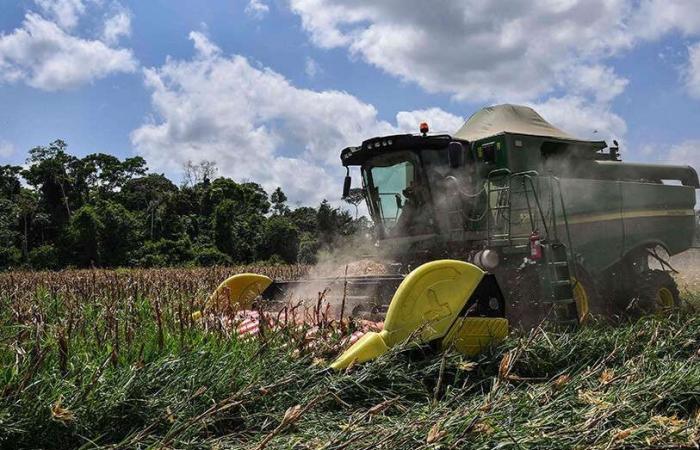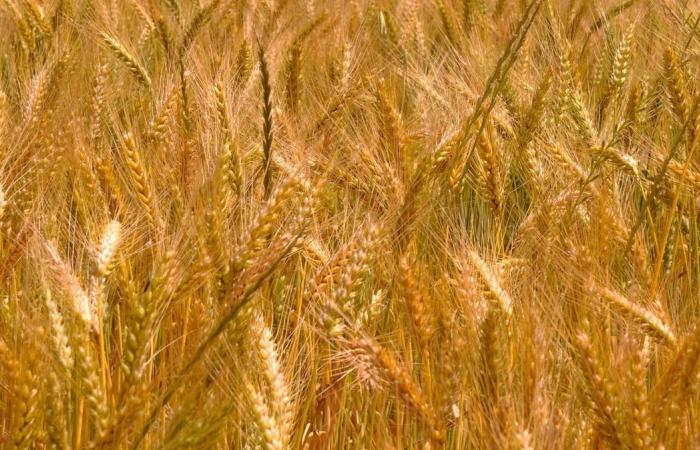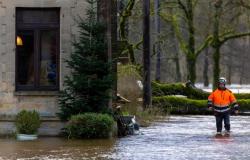Algeria recorded an increase in the value of the gross domestic product of the agricultural sectorsurpassing some $35 billion during the 2023-2024 season. This result was achieved thanks to an ambitious strategy designed by the authorities to maximize the role of this sector despite the challenges posed by drought.
The effects of climate change have highlighted the need to stimulate and accelerate progress in agriculture, which still needs many incentives as a vital sector that feeds the population and generates employment opportunities. , despite the obstacles to achieving the set objectives.
This is why the government is seeking to advance this sector in the next phase, although its contribution to economic growth raises doubts about the country’s capacity to play a more important role in development.
Currently, according to figures from Minister of Agriculture Youssef Charfa, income from the agricultural sector represents 18% of national GDP.
“The government is working on land recovery through irrigation with the aim of reaching 1.3 million hectares of irrigated land in the south of the country, in the desert, which will be allocated to cereals and strategic crops,” he said, according to the Algerian press agency.
Algeria implements strategic plan to improve food security. As part of this strategy, last April it signed an agreement with Qatar for the establishment of a vast milk powder production project costing more than $3.5 billion.
This initiative, signed with the Qatari Food and Dairy Products Company (Baladna), aims to cover 50% of the needs of the Algerian milk market, since the project will be implemented over an area of 117,000 hectares in the desert state of ‘Adrar.
Algeria also concluded an agreement with Italy last July, within the framework of the same plan, for the implementation of a major project in the sector of cereals, pulses and pasta, worth of 420 million euros.
This project should make it possible toimprove local production of cereals and pulses and increase exports of these products.
The Algerian strategic plan for improving food security provides for the implementation of the national plan for the development of strategic sectors, including cereals, pulses, sugar and oilseed plants, seeds and milk.
The authorities also aim to achieve self-sufficiency in wheatespecially after this year’s large production, which covered 80% of domestic demand.
In recent years, Algiers focused on the southern regions in order to stimulate agricultural activity due to the abundance of space and groundwater.
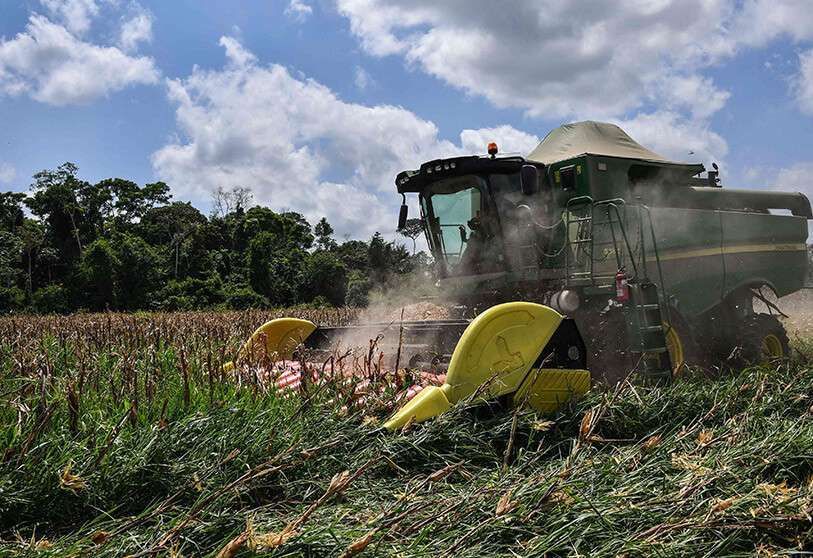
The move transformed desert states such as Biskra, Wadi Souf and Mania into a food hub to meet local needs, especially in light of declining activity in the north due to drought.
The government is seeking to strengthen its agricultural assets in the hope of developing the sector whichfor many years, has been distant from state attention compared to neighboring countries due to overreliance on oil and gas.
For the Algerian authorities, this decision aims to better understand the reality of agriculture while establishing realistic indicators within the framework of sustainable development objectives, by designing policies to serve farmers and stakeholders in this strategic sector.
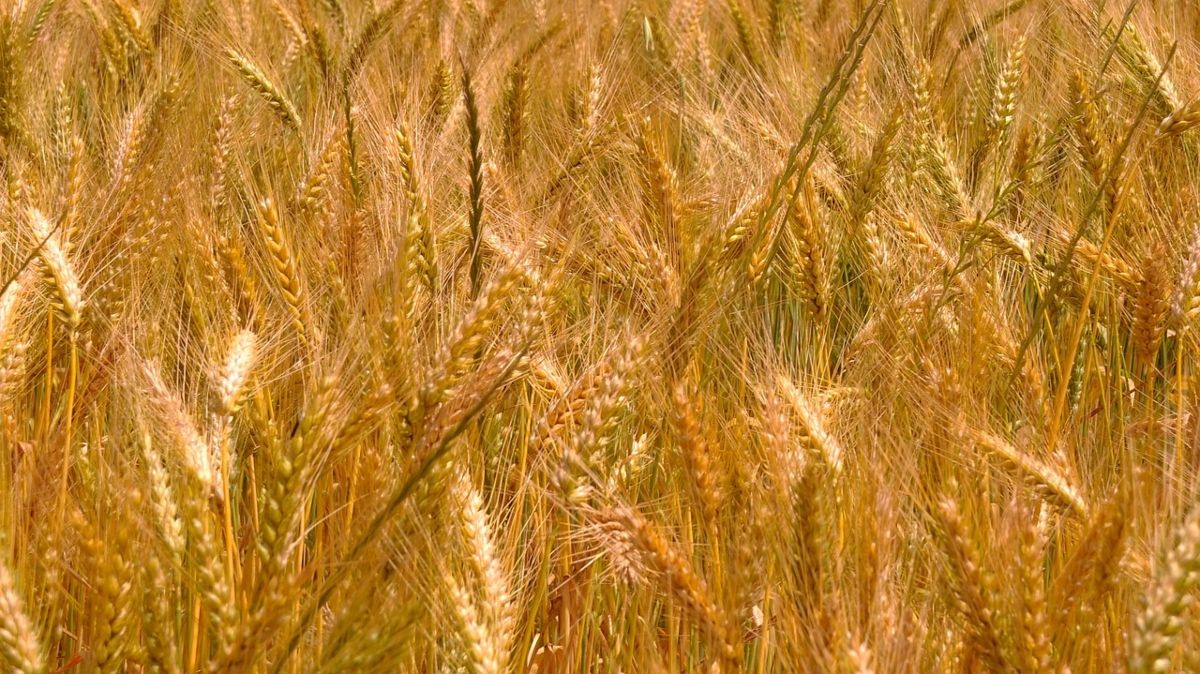
Algeria is estimated to have more than a million agricultural and livestock farms, although it appears that these are not enough to achieve food sufficiency. One of the problems it faces is drought. This problem has affected crop productivity, leading Algeria to increase its supplies to around 30% of its annual food needs, mainly wheat, worth up to $10 billion.
The Food and Agriculture Organization of the United Nations (FAO) ranks this OPEC member country fourth in the world, and second in Africa, of the largest wheat importers, with an annual rate of between 7 and 11 million tonnes.
The local market consumes between 9 and 12 million tonnes of hard and soft wheat per year, the majority of which is imported, particularly from the French and Canadian markets.

